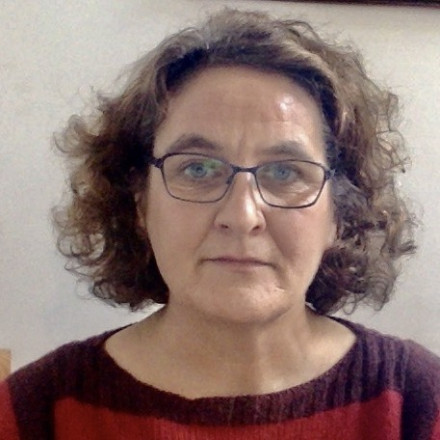Doing justice, practising hospitality: revisiting migration policy
IN THE Christian tradition hospitality is understood as the highest form of love; rooted in Jesus’ command that we love one another as we have been loved. Love in that sense is supra-ethical; it is the ground on which ethics stands, it is not simply reduced to a set of normative practices. Love does not argue, even if it is refracted in many ways: in equal regard for our neighbour, and in setting aside self-interest for the sake of another, and in friendship. In contrast, in the domain of social practice love speaks in the language of justice. It is justice that argues, adjudicating the claims of parties with opposed interests and rights. In its distributive form, justice envisages society as a whole, not only in terms of the narrower realm of economics. And in its highest form, a just society, according to Paul Ricoeur, can be envisioned as a society of mutual dependence, even indebtedness
* Full article available in printed copies.

Cathriona Russell
is a professor in the TCD School of Religion and a former horticulturalist, with an interest in environmental ethics and cosmology.